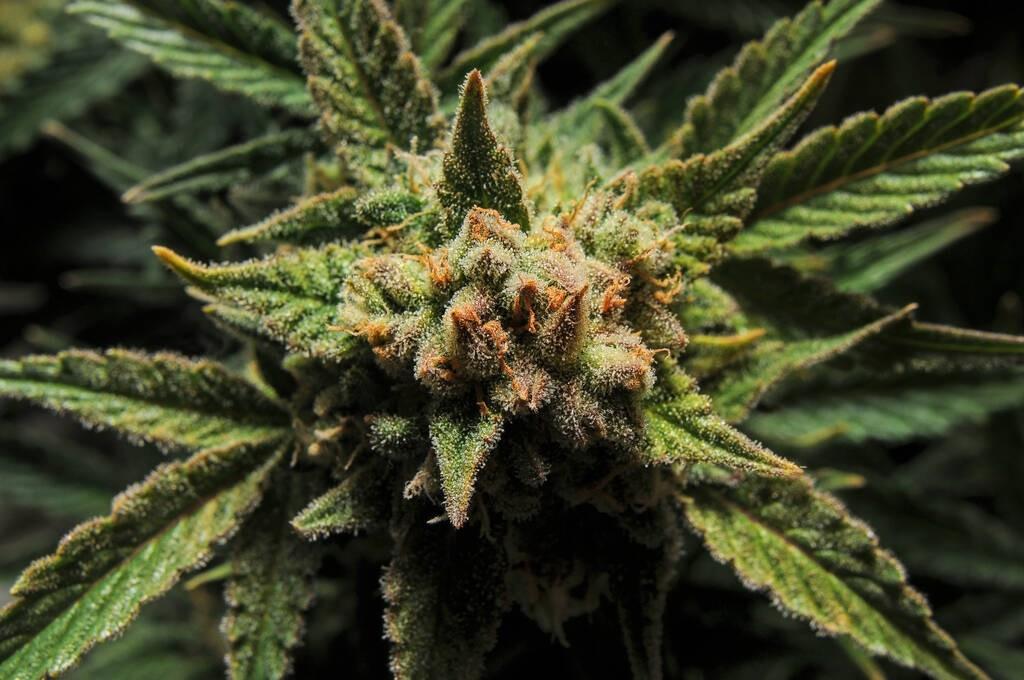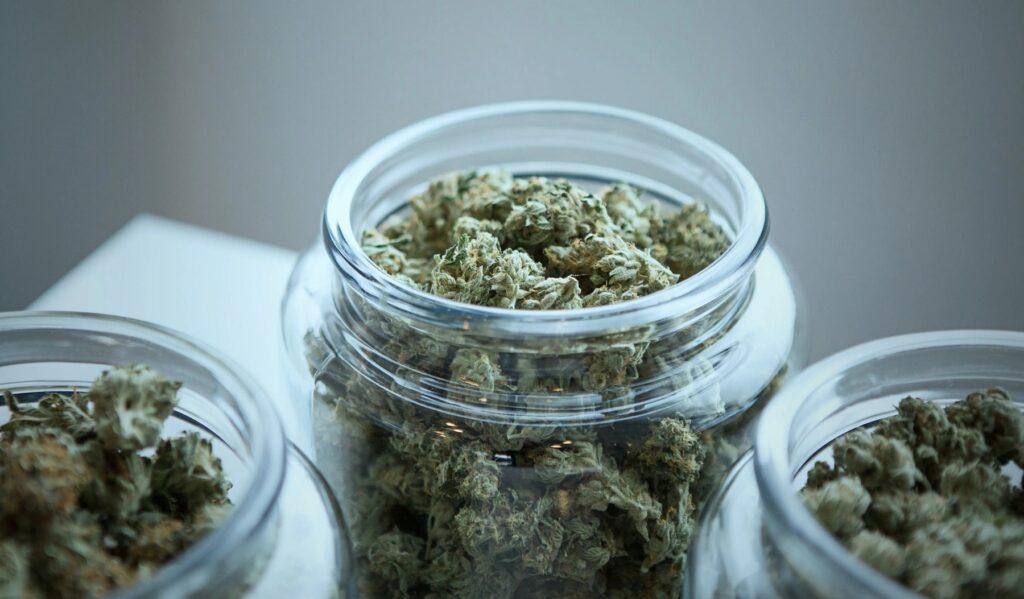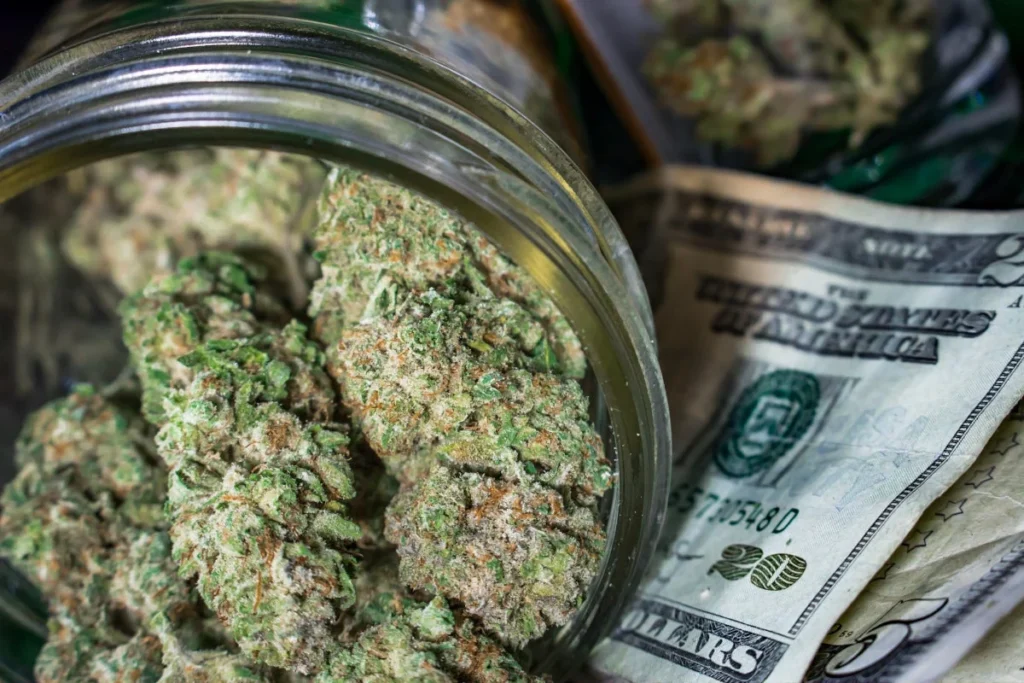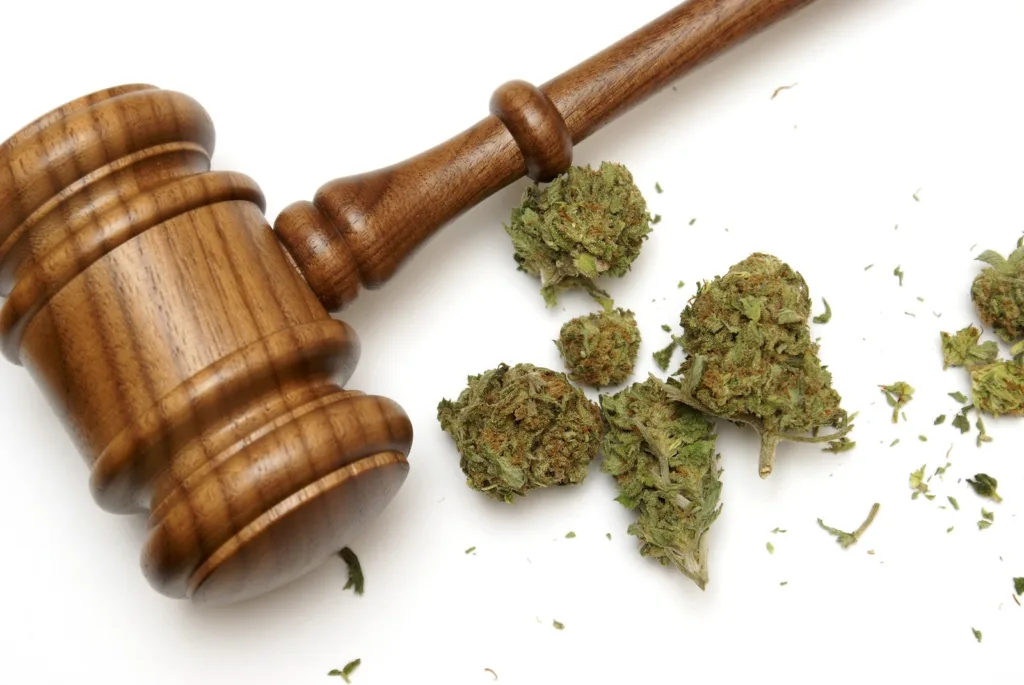Medical marijuana prescriptions in Israel were drastically higher in October than in previous months.
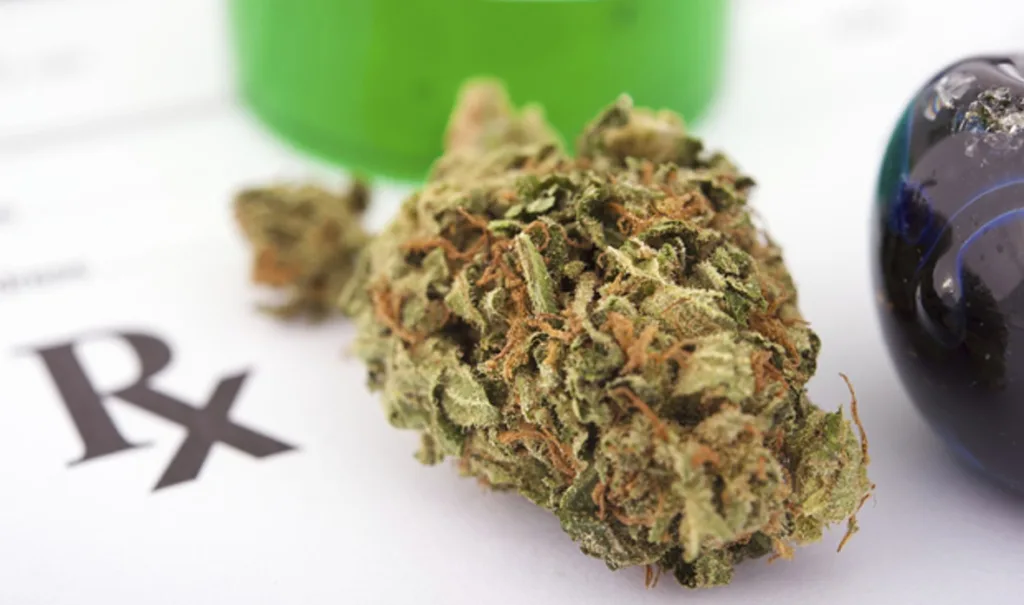
According to data released by the Israel Ministry of Health, there were 2,200 new people prescribed medical marijuana in October, bringing the total number of patients to around 132,000. The 2,200 new patients is roughly double the amount of new patients seen in recent months. In total doctors prescribed around 11,400 pound worth of medical marijuana in October alone.
As described in a recent press release, “Many of the medical cannabis patients receiving new licenses are war casualties, as doctors began issuing licenses for post-trauma to victims of the recent events.”
Continue reading



